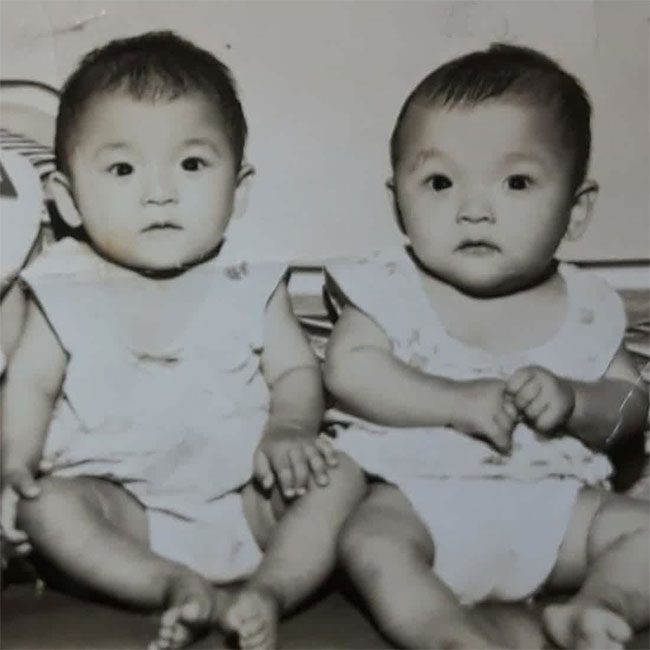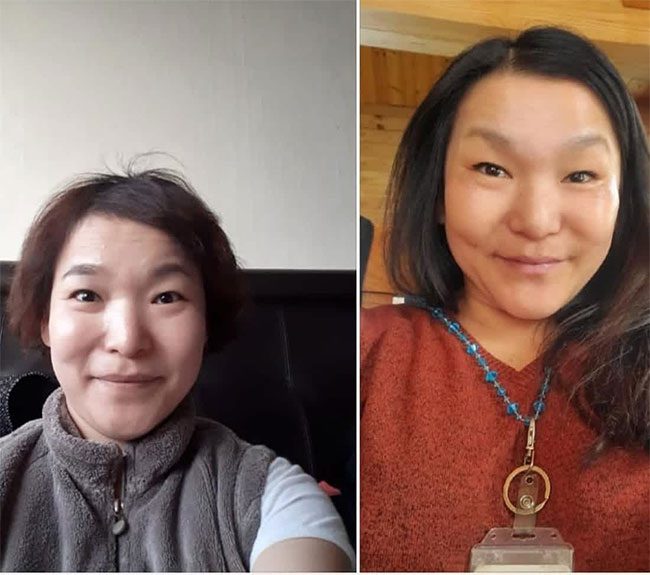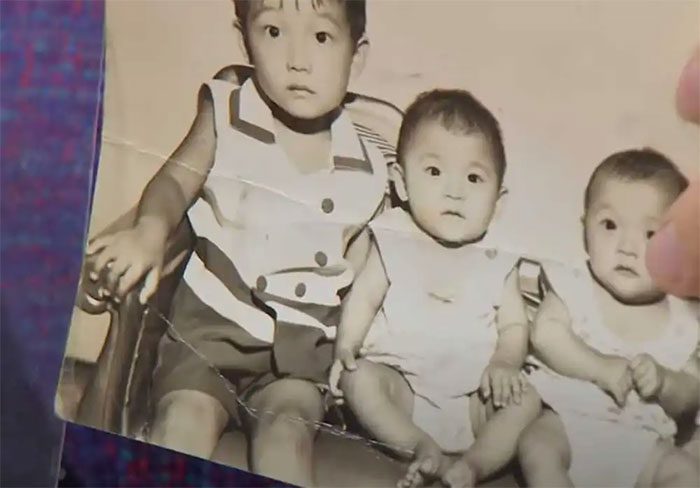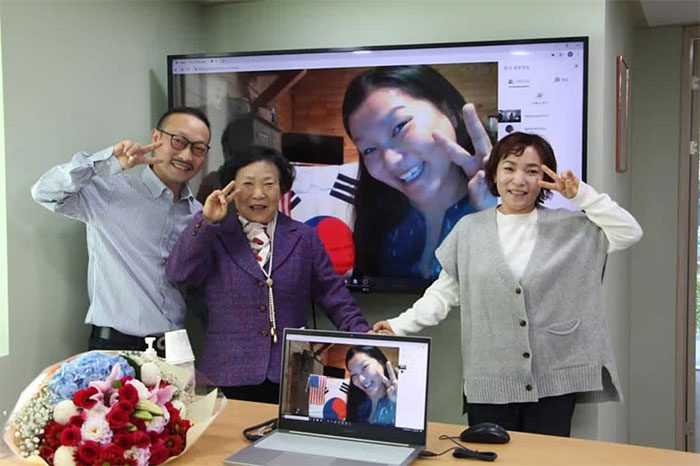Is our intelligence determined by genes or the environment in which we are raised? This is a question that scientists often ponder. In several studies, researchers have examined the IQ scores of identical twins.
They confirmed that up to 80% of IQ is determined by genetics and that identical twins typically have an IQ difference of no more than 7 points.

Identical twins typically have an IQ difference of no more than 7 points.
However, there is a problem: the studies mentioned above were all based on twins raised in similar educational and cultural environments. Only recently, a study published in the journal Personality and Individual Differences found a unique pair of twins to compare.
These two children grew up in vastly different cultural environments. They are twin sisters from South Korea who were separated in 1976 when they were just 3 years old.
A Unique Research Opportunity
The story begins one morning in 1976 when one of the South Korean sisters got lost while shopping with her grandmother. Someone found the lost child and took her home. Later, she developed a fever from measles and was taken to a hospital located 100 kilometers away from her family’s home.
Despite the family’s efforts to find her, they could not locate their child. The mother eventually opened a store in the market where her child went missing, hoping to see her child among the passersby every day.
Unbeknownst to her, the child had been taken to an orphanage and was eventually adopted by a foreign couple. They brought the child to the United States, while her twin sister remained with their family in South Korea.

Yoon Sang-hee and Yoon Sang-ae as children.
It wasn’t until 2020, during a program searching for missing relatives, that the lost twins were reunited. Scientists happened to see the program and immediately seized the opportunity to conduct a study.
Professor Nancy L. Segal, director of the Twin Studies Center at California State University, Fullerton, stated:
“I have studied identical twins raised apart for many years. They provide a simple yet effective experiment to classify the influences of genetics and environment on human traits.”
“This case is unique in that the twins were raised in two countries with very different cultural environments.”
How Did the Two Children Grow Up Differently?
In the new study, the South Korean twins completed interviews about their family environment, medical history, an IQ test, and a non-verbal reasoning test.
Through these surveys, scientists were able to assess additional traits such as personality, individualism versus collectivism, self-esteem, mental health, and life and job satisfaction.
The results showed that over 46 years of separation, the twins experienced quite contrasting cultural and family environments.

Yoon Sang-hee and Yoon Sang-ae, one became a government employee while the other became a chef.
The child who stayed in South Korea was raised in a warmer and more cohesive family atmosphere. In contrast, the twin adopted by the American couple lived in a stricter, religious environment with higher levels of family conflict.
Her adoptive parents eventually divorced, and she reported experiencing three major traumatic events in her life, which she said transformed her into a different person.
However, regardless of what happened, one fact remains: the DNA of the identical twins is the same. Surveys also showed that despite their different living environments, they had quite clear similarities in personality, self-esteem, and mental health.
Both twins also had similar medical histories. They reported similar levels of satisfaction with their work and life, even though their jobs were quite different—one was a chef, and the other a government employee.
“These findings suggest that despite cultural differences, identical twins still share significant similarities, indicating the influence of genetics,” Professor Segal stated.


In addition to her twin sister, Denise McCarty (Yoon Sang-ae) also has a brother and a mother. Her father has passed away.
“However, contrary to previous studies, the IQ and non-verbal reasoning abilities of this pair of twins showed a significant difference,” Professor Segal added.
Accordingly, the child raised in her homeland in South Korea scored higher on reasoning ability and processing speed. The IQ difference between these twins reached up to 16 points, which is significantly higher than the average difference of about 7 points seen in typical twins.
Consistent with the cultural environment, the child raised in the U.S. also embodies more individual values, while the child raised in South Korea holds more collectivist values. Researchers believe these cultural differences may impact some reported personality traits.
“For this pair of twins, we see that the influence of genes on their development is stronger. However, environmental factors remain important. The two sisters display cultural differences in several aspects,” Professor Segal noted.
To better understand the influence of genes and living environments on human development, scientists will need to seek out more cases like this South Korean twin pair for comparison.
“We need to identify more such cases if they exist,” Professor Segal stated. Future similar studies will ultimately tell us whether genes or upbringing play a more significant role in various aspects of human development.





















































